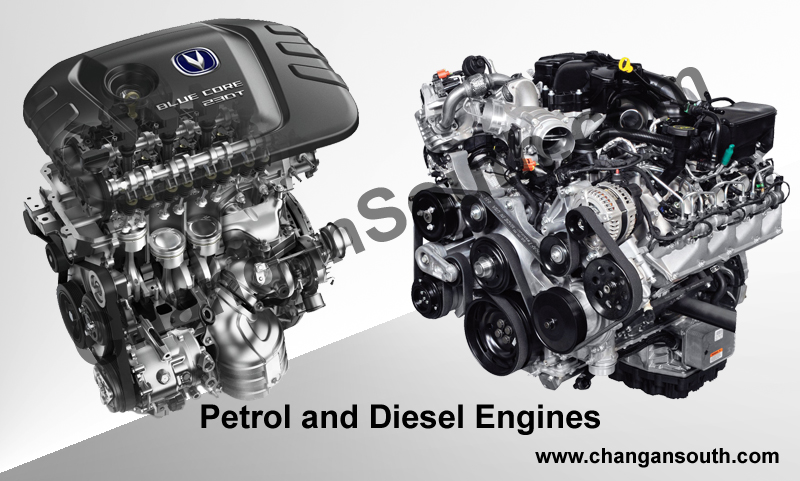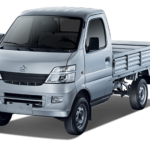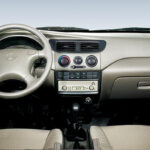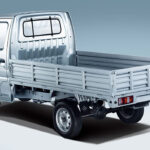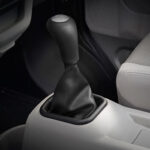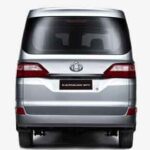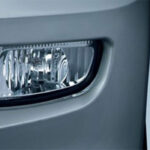Petrol and diesel engines are two types of internal combustion engines that are commonly used in cars and other vehicles. While both types of engines generate power to drive the vehicle, they use different fuels and have different operating characteristics.
Petrol Engine
A petrol engine, also known as a gasoline engine, is a type of internal combustion engine that uses gasoline as its primary fuel. Petrol engines are widely used in cars, motorcycles, and other vehicles and are favored for their high power-to-weight ratio and ease of use.
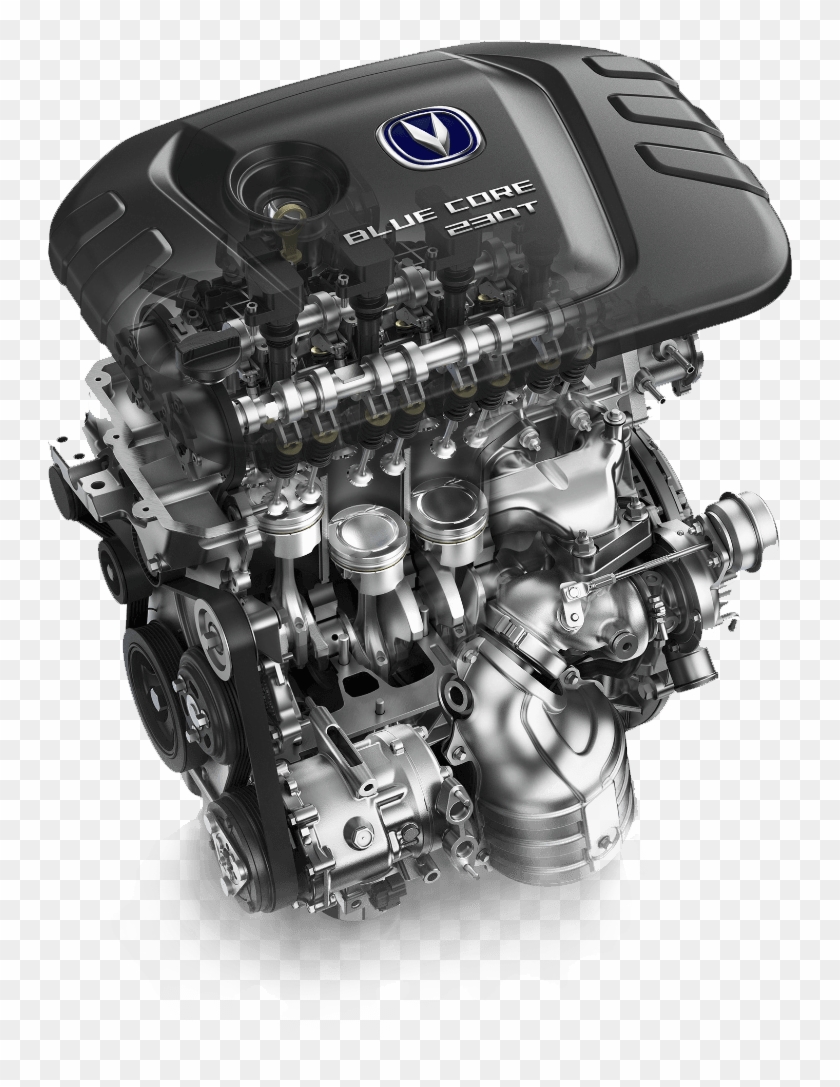
Engine Works
Petrol engines work by using a spark plug to ignite a mixture of gasoline and air inside the engine’s cylinders. This creates a controlled explosion, or combustion, which drives a piston and generates power. The power generated by the engine is then transmitted to the wheels of the car through a system of gears and driveshafts.
Engine Types
Petrol engines are available in a range of configurations, including naturally aspirated, turbocharged, and supercharged. Naturally aspirated engines rely solely on atmospheric pressure to provide air to the engine, while turbocharged and supercharged engines use a compressor to increase the amount of air entering the engine. This results in more power and improved fuel efficiency.
There are several factors to consider when choosing a petrol engine, including its size, power output, fuel efficiency, and emissions. It is important to choose an engine that matches your driving needs and preferences, taking into account factors such as the type of driving you’ll be doing, the size of your car, and your budget.
Overall Summary
In general, petrol engines offer a good balance of performance and efficiency, making them a popular choice for cars and other vehicles. However, they do produce emissions, including carbon monoxide, nitrogen oxides, and other pollutants, which can contribute to air pollution and climate change.
Diesel Engine
A diesel engine is a type of internal combustion engine that uses diesel fuel as its primary fuel source. Diesel engines are widely used in cars, trucks, buses, and other vehicles and are favored for their high fuel efficiency and durability.
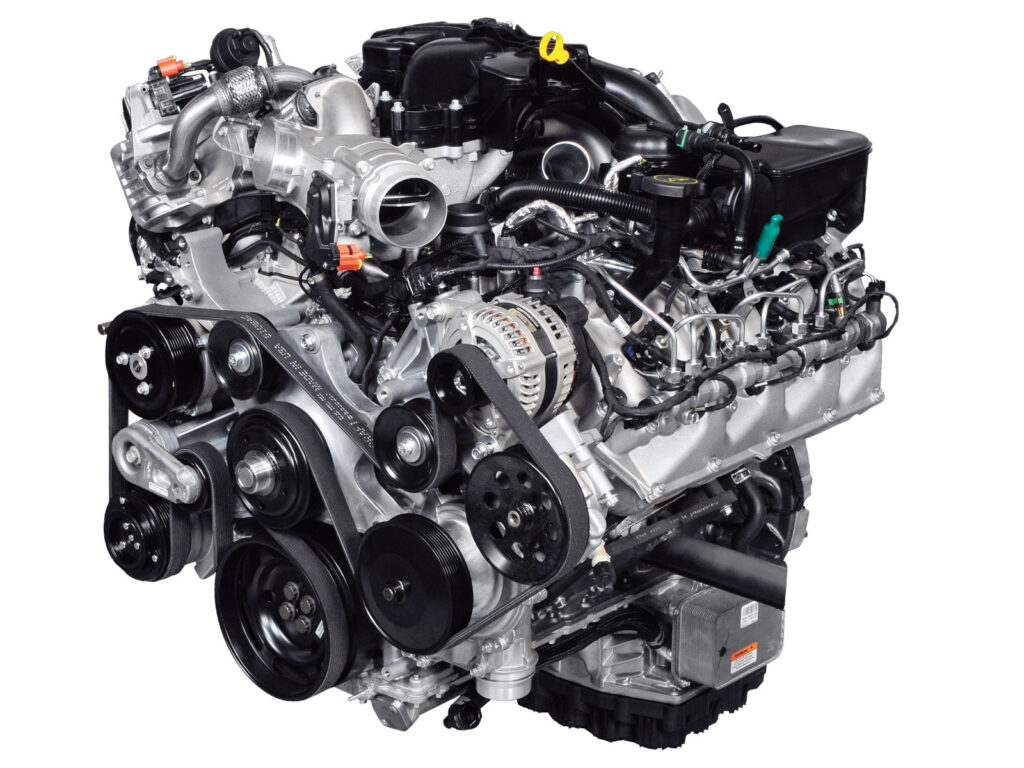
Engine Work
Diesel engines work by using compression to ignite the fuel in the engine’s cylinders. Unlike petrol engines, which use a spark plug to ignite the fuel, diesel engines rely on the heat generated by compression to cause the fuel to ignite. This results in a more efficient combustion process, which generates more power and requires less fuel.
Engine Types
Diesel engines are available in a range of configurations, including naturally aspirated, turbocharged, and twin-turbocharged. Turbocharged diesel engines use a turbocharger to compress more air into the engine, which results in more power and improved fuel efficiency.
When choosing a diesel engine, it is important to consider factors such as its size, power output, fuel efficiency, and emissions. Diesel engines are typically more fuel-efficient than petrol engines, which makes them a good choice for drivers who do a lot of highway driving or who want to maximize their fuel economy. However, diesel engines can be more expensive to purchase upfront and may require more maintenance than petrol engines.
Overall Summary
In general, diesel engines offer good fuel efficiency and low emissions, making them a popular choice for larger vehicles such as trucks, buses, and SUVs. However, diesel engines can produce emissions, including nitrogen oxides, particulate matter, and other pollutants, which can contribute to air pollution and climate change.
Choosing Between Petrol & Diesel Engine
When choosing between a petrol and diesel engine, it is important to consider factors such as the type of driving you’ll be doing, your budget, and your personal preferences. Petrol engines are often a good choice for drivers who do a lot of city driving, while diesel engines may be a better choice for drivers who do a lot of highway driving or who want to maximize their fuel economy.
Ultimately, the choice between a petrol and diesel engine will depend on a variety of factors, including your driving needs, budget, and personal preferences. It is recommended to do some research and test drive both types of engines to determine which one is best for you.

